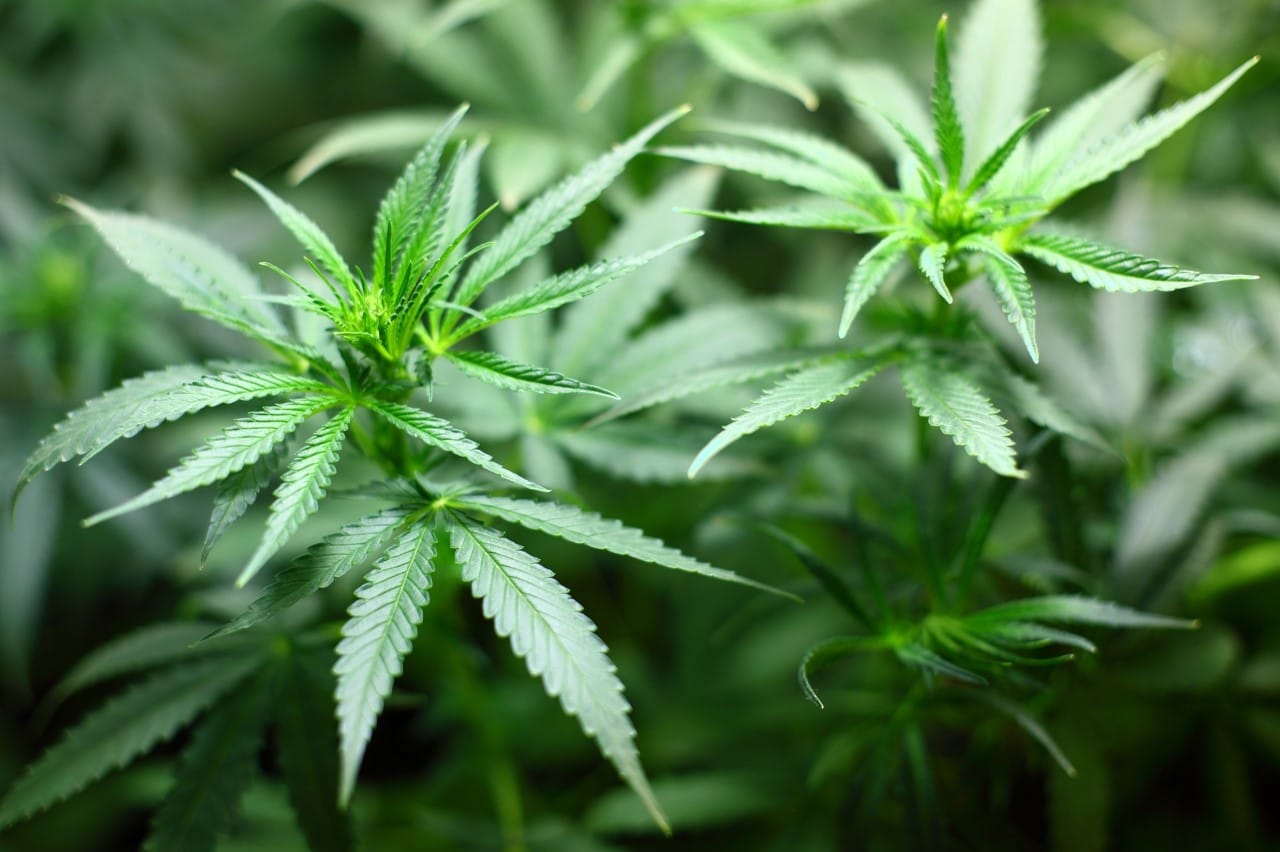Recently Italian scientists have discovered a new compound in the weed type Cannabis Sativa, that is potentially thought to be up to 30 times the potency of the primary psychoactive compound in marijuana, THC.
Saying that, the researchers working with the cannabis plant have confessed that this is a mere estimate and that the newly discovered compound’s deliverance of such a heightened high isn’t certain. As thus far, the new cannabinoid is known as THCP, or tetrahydrocannabiphorol.
In addition to the THCP, scientists have also found a new cousin compound for Cannabidiol, the CBD, which they have very creatively named CBDP.
The first report of tests involving the THCP cannabinoid drew the conclusion of the compound’s potency after the its ability to effectively bind to human cannabinoid receptors by testing it in a lab tube. The result indicates the compound to be very likely to have a significant impact on the human nervous system. These receptors are found in the endocannabinoid system, which when overwhelmed by THC leads to the receptors function being disrupted and difficulty to communicate between neurons.
A lead author of the research, Dr. Cinzia Citti, explains that this means that this new compound will have a higher accord to receptors in the body.
While CBD has historically been the main focus of the medicinal research surrounding marijuana, the discovery of THCP’s potency and affinity leads scientists to believe that this compound may have potential for medicinal usage in the future.
Cannabis Sativa has for long been a controversial plant as it serves multiple medicinal purposes, including lifesaving medication for epileptics, and plays a large role in environmentally friendly raw materials and textiles production, but on the other hand is also, and perhaps more infamously, known as the most common illicit drug among young adults around the world. While the discovery of THCP could potentially yield further findings beneficial to the pharmaceutical and broader medical industry, the news of its high potency is also likely to lead to further abuse of the drug.
For more on the topic of MaryJ follow up on these must-know facts about cannabis.
Featured image: @pixabay














